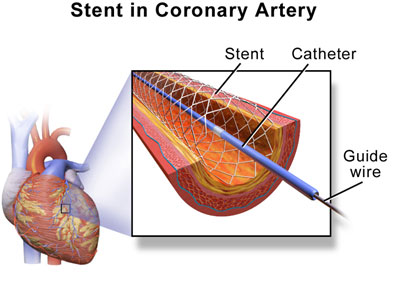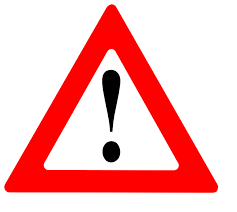The information given is not a substitute for any medical advice. Always contact your physician (health expert) for more information.
Diagnosis of heart attack?
- By understanding the symptoms, medical history and causes, the doctor can advise you regarding the treatment.
- Physical examination.
- Electrocardiogram (ECG or EKG), echocardiogram, exercise street test, eletron beam (ultrafast), CT scan, cardiac catheterization and some other tests are done. All these tests give the doctor the right information about your coronary heart disease. The disease is better treated by understanding the exact condition.

Treatment of heart attack.
Drugs such as low-density lipoprotein (LDL or the bad) cholesterol are given to lower the increased cholesterol level in the blood. However, it depends on the health of the patient and the medicine is prescribed by the doctor.
A variety of drugs are used to treat heart attack. These drugs include:
- Drugs such as low-density lipoprotein (LDL or the bad) cholesterol are given to lower the increased cholesterol level in the blood. However, it depends on the health of the patient and the medicine is prescribed by the doctor.
- Do not have blood clotting problem, so doctors can advise you to eat aspirin or any other blood thinner. If the patient has had a heart attack before, future blood attacks can be avoided by taking a blood thinner like clopidogrel, ticagrelor regularly. There are some patients who have bleeding syndrome problem. In such a situation, before taking aspirin or blood thinner, the doctor must talk about your bleeding syndrome.
- The need for oxygen increases when both heart rate and blood pressure are reduced. In such a situation, doctors can give you medicines like beta blockers. If you have a heart attack, beta blockers protect you from future heart attacks.
- Nitroglycerin tablets, sprays and patches can control chest pens by temporarily thinning your coronary artery and transporting blood to the heart as needed.
- Angiotensin-converting enzyme (ACE) inhibitors and angiotensin II receptor blockers (ARBs). These similar drugs reduce blood pressure and coronary artery disease can be reduced.
Many times patients are treated in some other way. Here are some options

Blockages in the heart are corrected with the help of angioplasty and stents.
Coronary Artery Bypass: Coronary artery bypass corrects blood flow. It is generally a good option for both stable and unstable angina.
Lifestyle changes and home remedies
- If you smoke cigarettes, do not consume it at all. Because it may increase the risk of coronary artery disease as well as other diseases. Nicotine reduces blood vessels and forces the heart to work harder. Carbon monoxide reduces oxygen in the blood and damages blood vessels.
- Control blood pressure. After the age of 18 years, get blood pressure checked. If you are over 40 years of age, have your blood pressure checked regularly. If blood pressure is more than 120/80, then in such a situation, consult a doctor.
- Take care of cholesterol. Increased (Cholesterol) cholesterol increases the risk of coronary artery disease. If you are 20-30 years old, then get your cholesterol checked every 5 years. Keep in mind LDL levels should be 130 (less than 129) mg / deciliter. If you are suffering from heart related diseases, then your LDL should be 100 mg / dL or below.
- Keep diabetes under control. If you have diabetes, reduce the sugar level or keep control. This may reduce the risk of heart disease.
- Perform physical activity and exercise regularly. You can get advice related to exercise from a health expert or your doctor. Try to do physical activity regularly for half an hour. This keeps the body healthy and the heart also functions properly
- Eat nutritious food. Include fruits, whole grains, nuts etc. in the diet. Take care and try to reduce the amount of fat, cholesterol and sodium. This will also control weight and you will be healthy.
- Stay away from stress to stay away from diseases. Many times due to stress, any disease knocks easily.

IMPORTANT SAFETY INFORMATION ABOUT XYGREL (ticagrelor) 90-MG TABLETS
- Do not stop taking XYGREL without talking to the doctor who prescribes it for you
- People who are treated with a stent, and stop taking XYGREL too soon, have a higher risk of getting a blood clot in the stent, having a heart attack, or dying
- If you stop XYGREL because of bleeding, or for other reasons, your risk of a heart attack or stroke may increase
- Tell all your doctors and dentists that you are taking XYGREL
- To decrease your risk of bleeding, your doctor may instruct you to stop taking XYGREL 5 days before you have surgery
- Your doctor should tell you when to start taking XYGREL again, as soon as possible after surgery